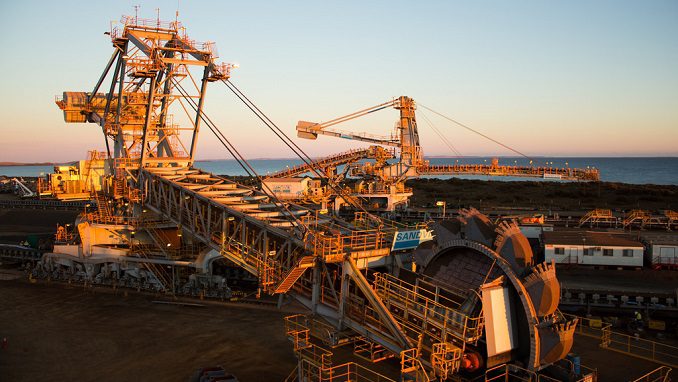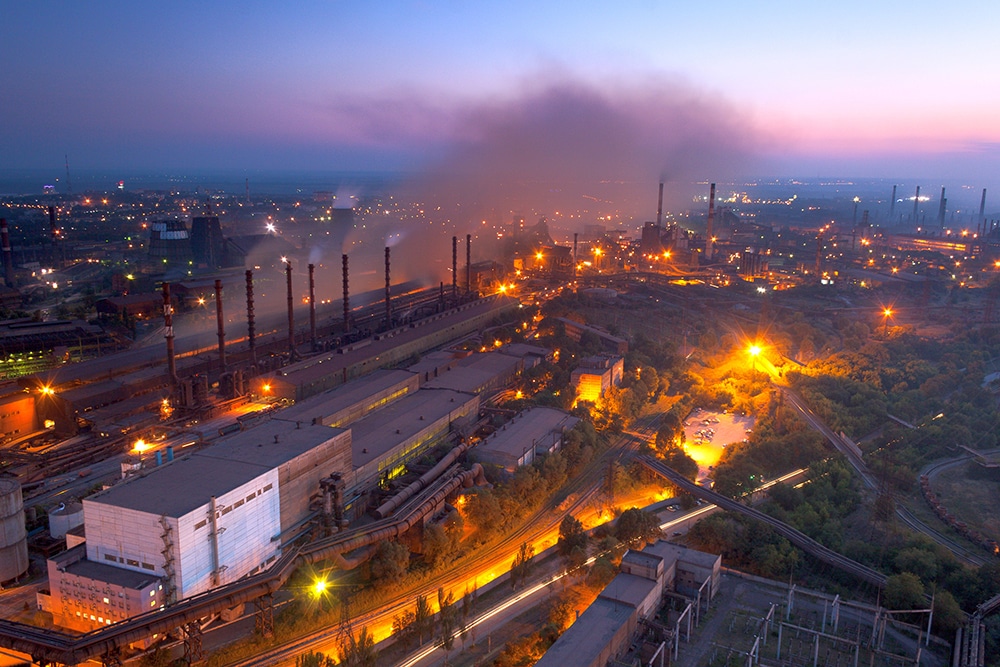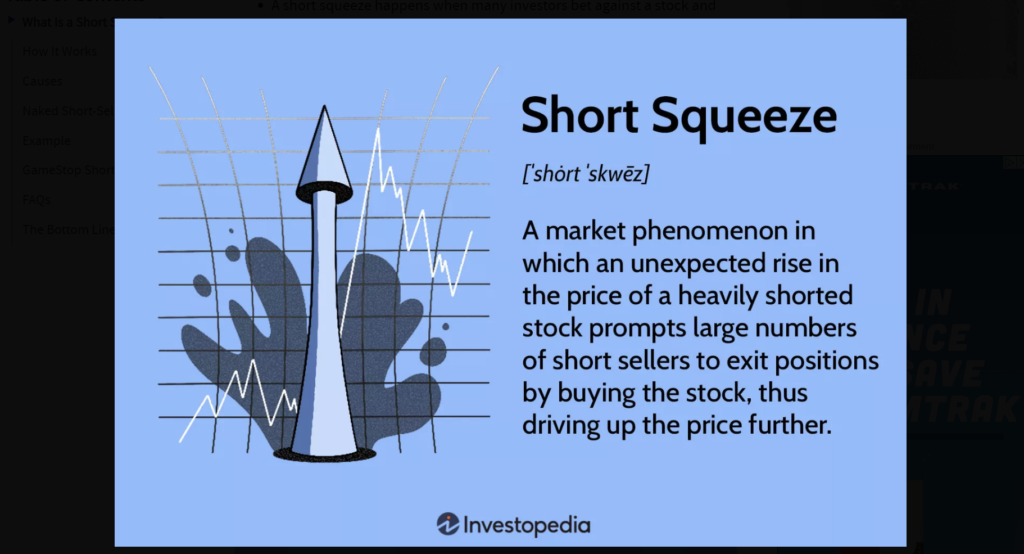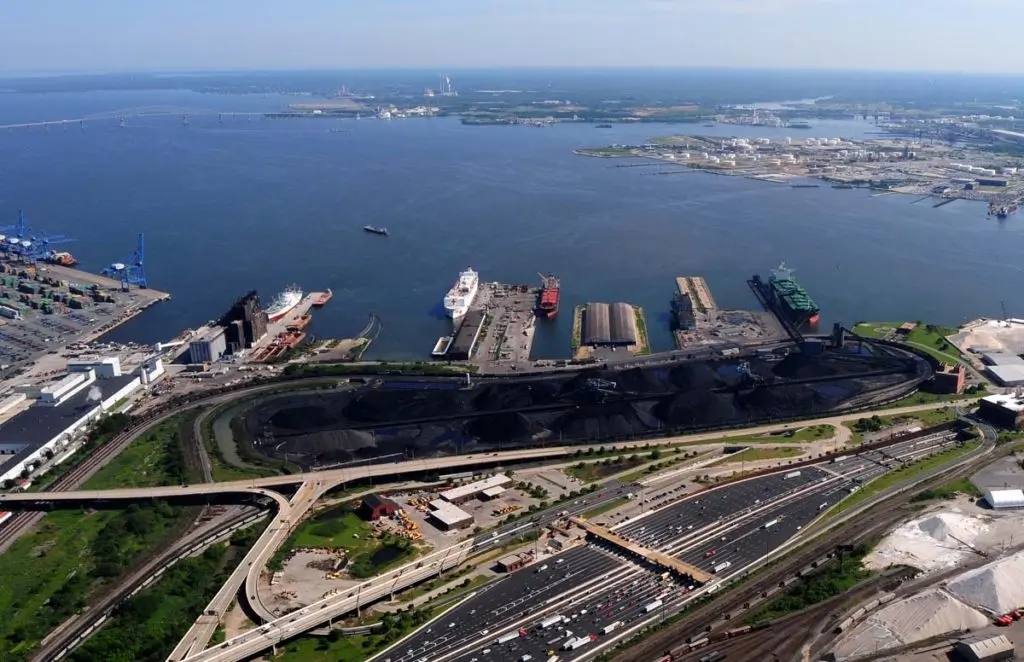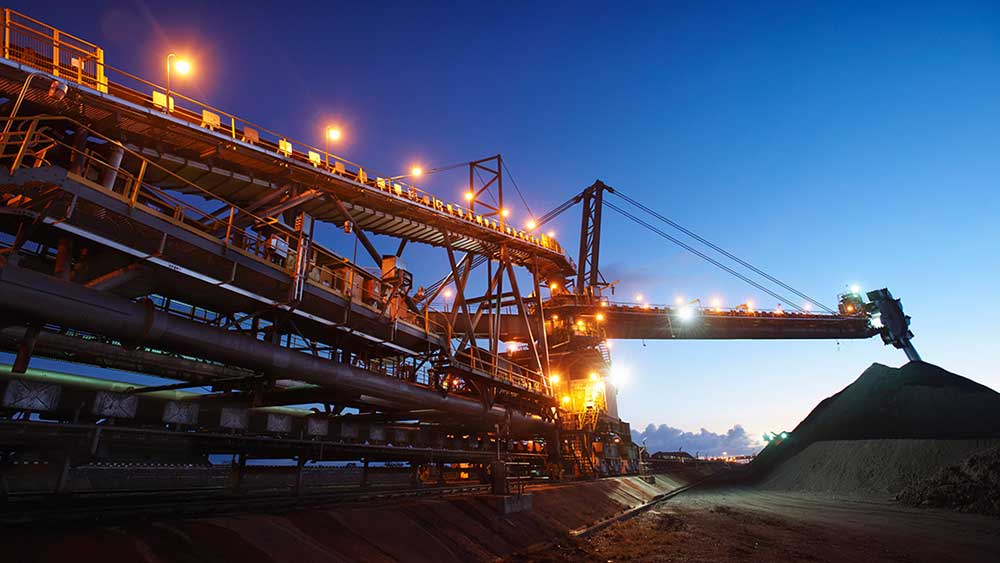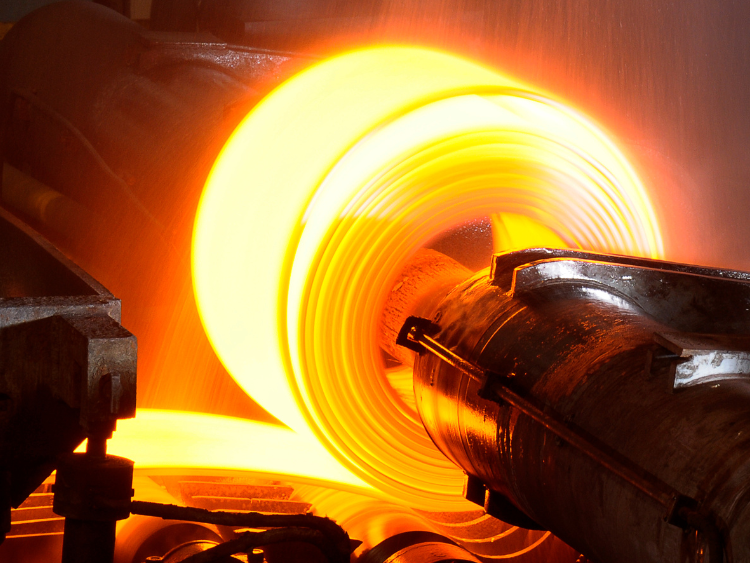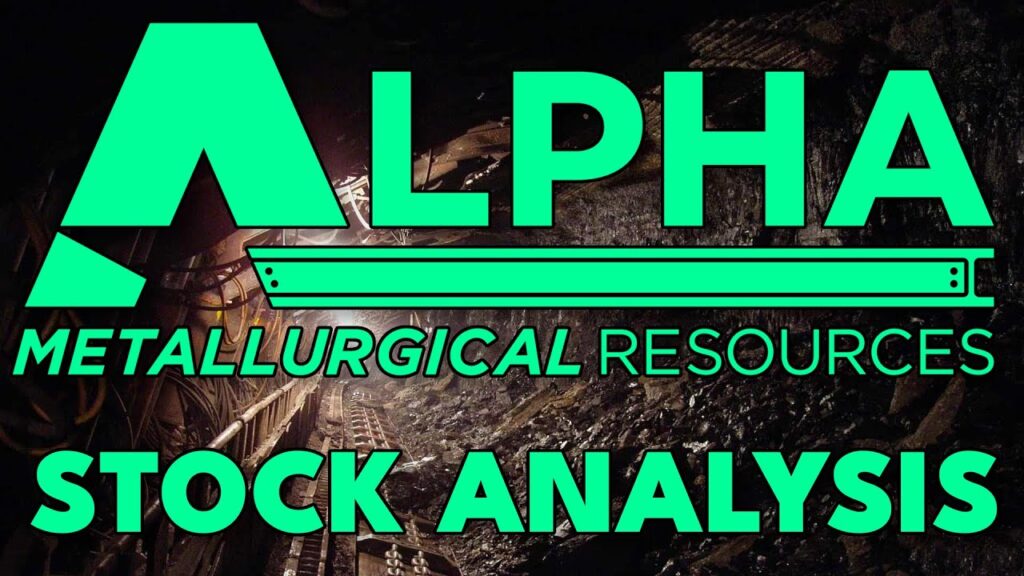Australian mining company BHP has announced that it is likely to reach the lower end of its production guidance for the BHP Mitsubishi Alliance (BMA) coking coal joint venture for the 2022-2023 financial year. The production guidance for the year was between 58 million to 64 million tons. The reason for the expected lower production is due to the disruption caused by wet weather in the coal operations in Queensland, especially the recent flooding in the Mackay region which led to port closures. The company also warned that a longwall move at its 5 million ton per year Broadmeadow mine would be carried out during the April to June quarter, which would further lower production for the financial year.
BHP Mitsubishi Alliance (BMA) is an Australian coal mining company, operating in Central Queensland, which is the largest coal producer in Australia. BMA is a joint venture between BHP & Mitsubishi, each owning 50%. The company operates seven coal mines in the Bowen Basin including:
- Blackwater
- Broadmeadow
- Caval Ridge
- Daunia
- Goonyella Riverside
- Peak Downs
- Saraji
In addition to the coal mines, BMA operates Moranbah Airport and part of the Hay Point Coal Terminal. The Gregory coal mine was previously operated by BMA, but it was sold to Japan’s Sojitz Corporation in March 2019.
BMA’s coking coal production during the period of July to December 2022 was 27.23 million tons, which was an increase from 26.03 million tons during the same period in the previous year. This means that the company needs to produce 31 million tons in the period of January to June in order to reach the bottom of its production guidance. However, this target is lower compared to the 32.25 million tons produced during the same period in the previous year, before the longwall move at Broadmeadow.
BMA sold 13.6 million tons of coal during the period of October to December 2022, which was a 4% increase from the previous quarter and a 10% increase from the same period in the previous year. The increase in sales is attributed to higher productivity from the company’s autonomous truck fleet, higher mine yields, and lower labor constraints. BHP has also stated that the backlog of visa applications for skilled migrants into Australia is slowly clearing, and BMA finalized a new enterprise employment agreement for its unionized employees in December.
However, BHP has warned that the increase in royalty rates by the Queensland government could pose a threat to investments and jobs. The company has also hinted that it would not be able to make significant new investments in Queensland without competitive and predictable fiscal terms. The average price received by BHP for hard coking coal was $270.65 per ton and $252.12 per ton for weak coking coal during the period of July to December 2022. This was a decrease from the prices received in the period of January to June and during the same period in the previous year.
BHP has increased the cost guidance for BMA to $100 to $105 per ton from the previous guidance of $90 to $100 per ton for the financial year to June 30th 2023. The company achieved a cost of $89.64 per ton in the previous financial year and $82.64 per ton in the year before that. BHP declined to comment on the removal of the ban on Australian coal imports by Beijing, which could potentially boost the sale prices of Australian metallurgical coal.
The company has completed the sale of its 80% interest in BHP Mitsui Coal (BMC) to Australian producer Stanmore Resources Limited (ASX:SMR) in May 2022. Stanmore signed a share sale and purchase agreement to acquire an 80% stake in BHP Mitsui Coal Pty. Ltd. from BHP Minerals Pty Ltd for approximately $1.4 billion on November 4, 2021. Upon completion of the transaction, Stanmore Resources assumed economic and operating control of BHP Mitsui Coal, including its share of all current and future liabilities subject to certain limited exceptions. The net proceeds were incorporated into BHP’s capital allocation framework to determine the appropriate manner to maximize value to shareholders via future dividends, share buybacks or a combination of both.
If you’d benefit from a deeper dive into the coal sector, please consider subscribing to The Coal Trader Newsletter here.


